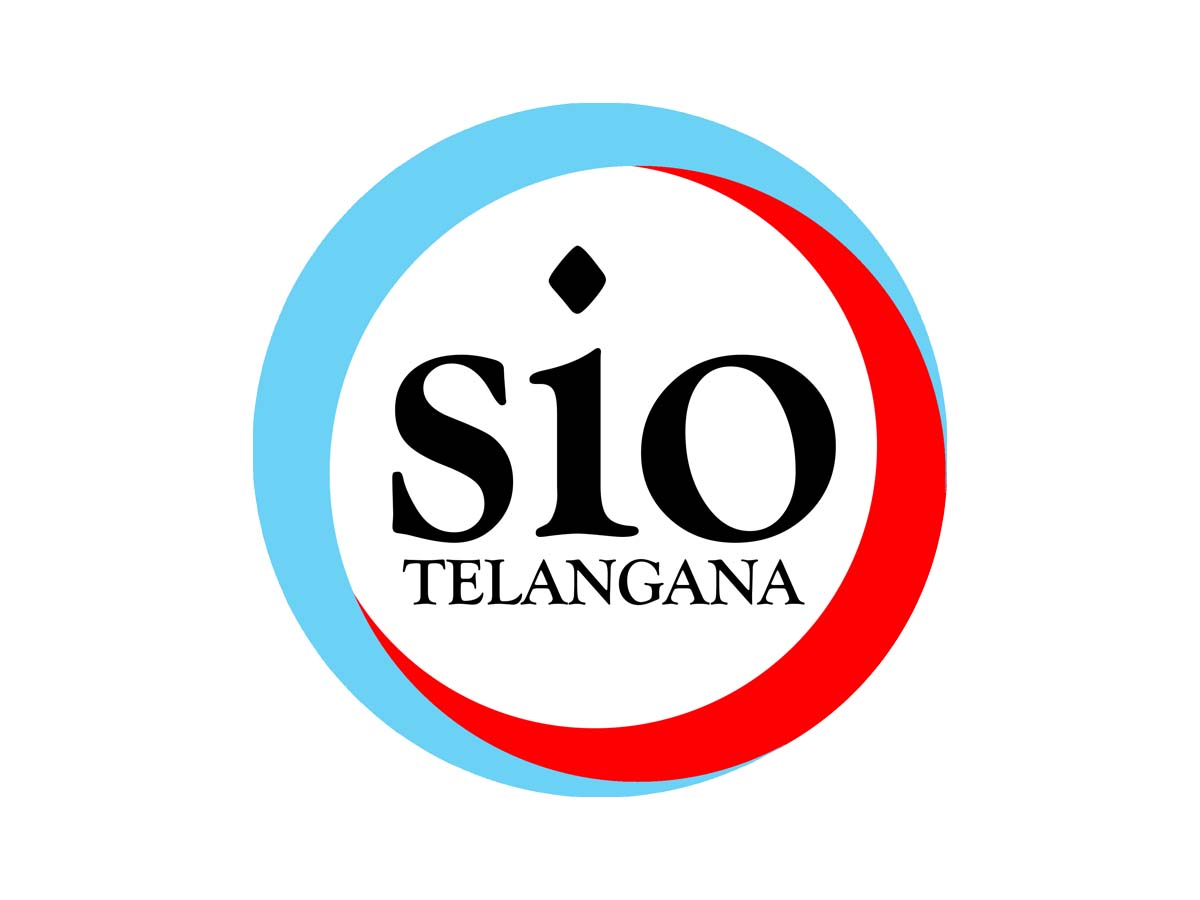
Hyderabad: A seminar on Hyderabad State After 1948: Pause, Reflection and Continuities, was held by Students Islamic Organisation, Telangana chapter on Sunday (August 25).
In the first session, Mir Ayoob Ali Khan, a senior journalist, spoke on ‘Reimagining the Public Spheres in Neo-Liberal Hyderabad’.
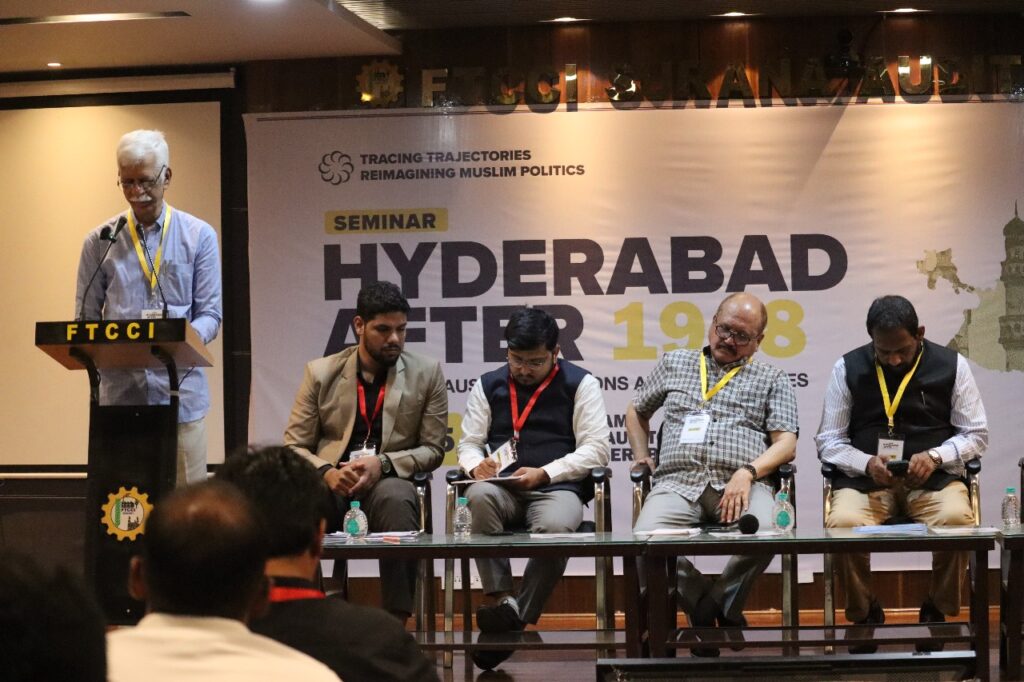
He outlined, in brief, the history of Hyderabad State beginning from 1724 when the Asaf Jahs took over the reins of power in the Deccan. He said of the seven Nizams only two were two prominent visionaries and administrators that is the first and the last. All of them owed their allegiance first to the Mughal throne in Delhi and then to the British Rule.
He said given the political scenario the demand for autonomy within the gambit of the Indian constitution for the six southern States should be considered. The southern states are self-reliant in the wider meaning of the term while the North is suffering from huge economic, social and communal problems.
Syed Amin ul Hasan Jafri, a senior journalist and former MLC in Telangana, drew attention to his views to a historical trajectory of the political situation of Hyderabad.
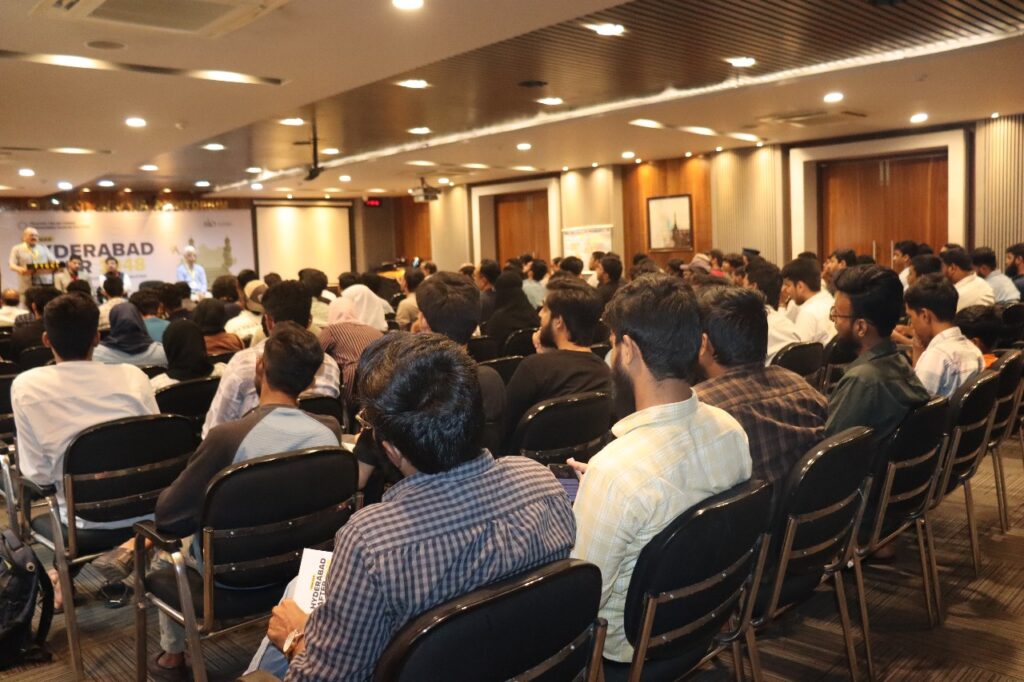
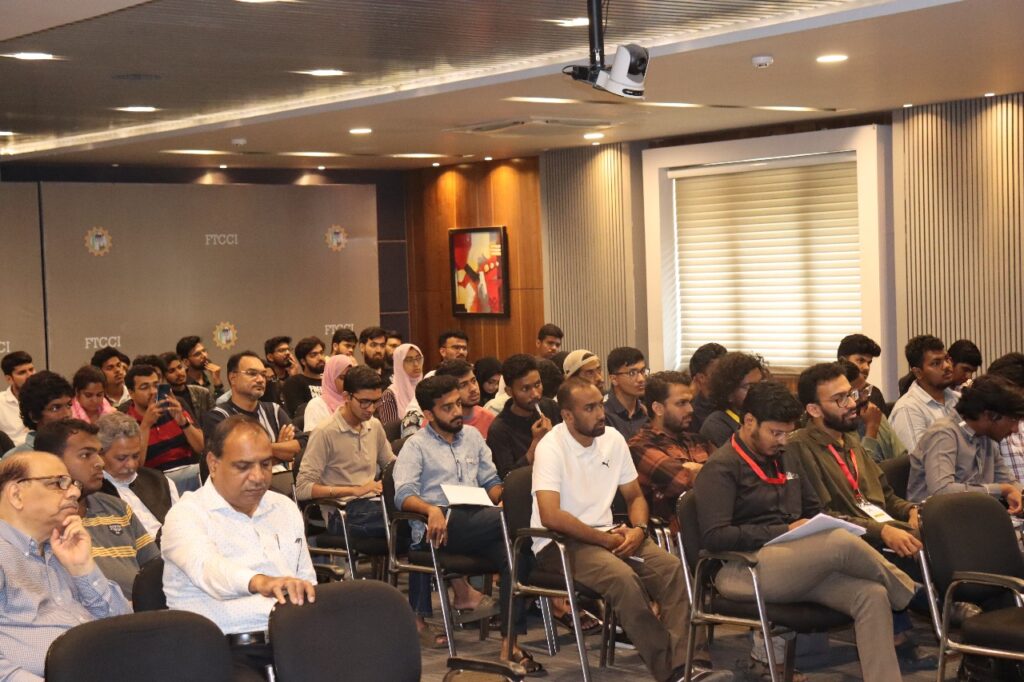
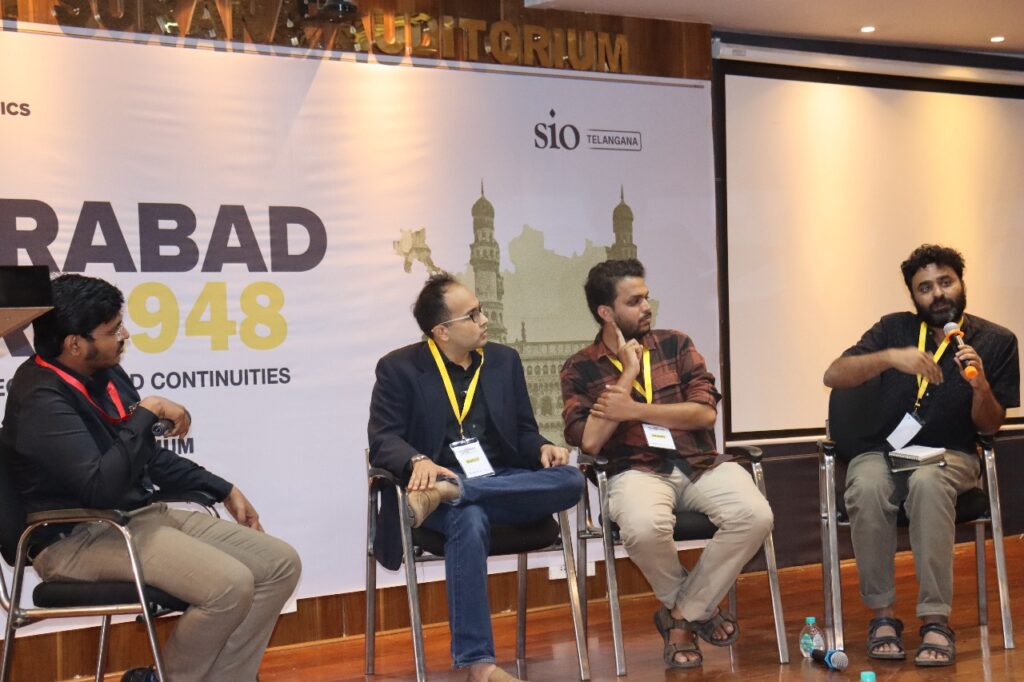
Jafri is a member of the All India Majlis Ittehadul Muslimeen (MIM) and served the legislative council for several years.
Abdul Hafeez, State President of SIO, Telangana State, referring to the painful events of the Police Action of 1948 said, “The developments tried to break the economic and political backbone of the Muslims and pushed them back in times.”
In the afternoon session of seminar a panel discussion was held wherein Pramod Mandade, a research scholar from IIT Bombay, Danish Majeed, a filmmaker and journalist, from Hyderabad and Khurram Muraad, another documentary filmmaker, debated various aspects of Telangana State. The three panelists through the stories of survivors of the violence narrated the experiences they have recorded. The panelists delve into different themes of violence, memory, recollection, record, spaces, language, migration, living-trauma, hope and how the survivors navigate in the present.
Dr. Faheemuddin Ahmed, Assistant Professor, Translation Studies at MANUU and editor of Dawah weekly, gave brief remarks on the overall sessions and congratulated the organisers for holding this event. He also congratulated about 150 persons, mostly youngsters, for demonstrating keen interest in the subject which he said would help in strengthening a new energetic and democratic India.



